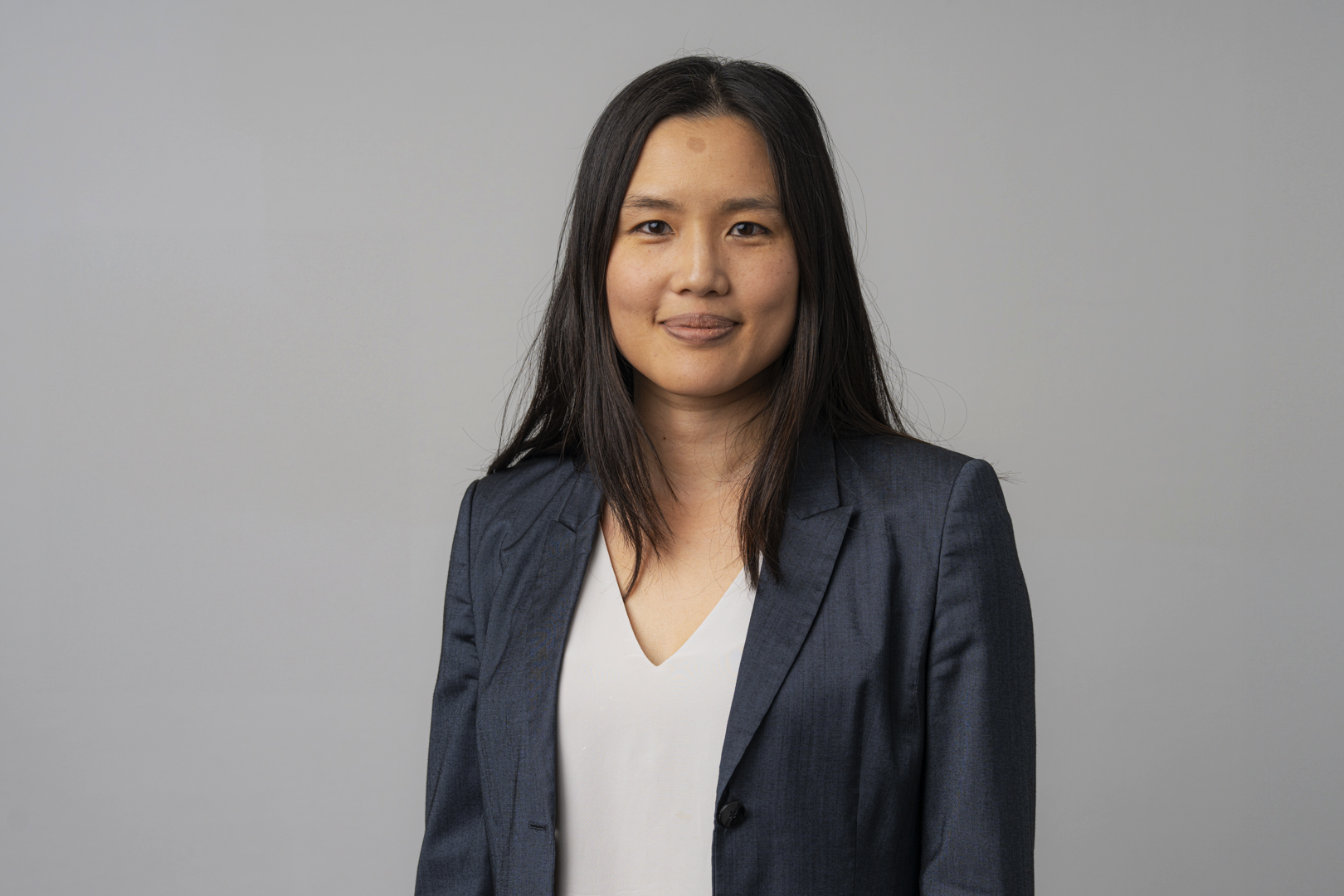Angela Chang
Research leader

Project title
HARMONIA: Harmonised Approach for Measuring Mortality Inequalities among Adults in Low- and Middle-Income Countries
What is your project about?
Despite the fact that 80% of the world’s adult population live in low- and middle-income countries (LMIC), we have little knowledge on the levels, trends, or drivers of the inequality in adult mortality, defined as the differences in mortality rates between a nation’s rich and poor. The UN Sustainable Development Goals calls for reductions in health inequality, but for most countries we do not have data to track the trends in health inequality over time. HARMONIA will tackle this long-standing challenge in global health. We will apply three approaches previously not utilised in measuring adult mortality inequalities in LMIC: individual-level kinship survival analysis using household surveys and census, small area analysis using small area wealth and health data, and risk factor prevalence analysis using World Health Organization and household survey data. One reason for the multiplicity of approaches is that each can be corroborated, and their limitations compensated by the strength of the other approaches. We will harmonise and validate results across the three approaches, and identify the drivers associated with cross-country differences in inequality.
How did you become interested in your particular field of research?
From a young age, I have been keenly aware of the inequalities present in societies, whether in terms of income, health, or gender. These inequalities continue to concern me deeply, and as a researcher, I strive to produce rigorous evidence to inform policies aimed at reducing such inequalities, whether it is within-country or across-country inequalities. At the same time, starting from my PhD training, I have been particularly intrigued by questions of measurement and find myself asking questions such as: How does the United Nations measure gender equality? How is the World Health Organization measuring the impact of climate change on health? My curiosity about these definitions and the data that underpin global measures has led me to explore fascinating research questions. For nearly a decade, I have been thinking about the measurement of adult health inequality in low- and middle-income countries. Previously, I developed a method to measure child health inequality, and concurrently conducted global systematic analyses on various health metrics. Living in Denmark, where we are always breathing the air of “equality”, has inspired me to think more intensely about this topic, which led to the HARMONIA project.
What are the scientific challenges and perspectives in your project?
The biggest challenge in measuring any health statistics in low- and middle-income countries is the lack of robust vital registration systems and health information systems that collect data on who dies and who gets sick. Establishing such systems or collecting primary data is expensive and takes years if not decades. We therefore need to be creative and apply innovative methods to secondary, publicly available datasets to get the insights we seek. HARMONIA focuses only on the inequalities in mortality, which is an ambitious effort in and of itself. In the long term, I aim to expand the research agenda to include inequalities in morbidity, which is a much more challenging endeavor.
What is your estimate of the impact, which your project may have to society in the long term?
The United Nations Sustainable Development Goals (SDGs) includes the need to reduce health inequality worldwide. However, there is a lack of data to support measurement in most low- and middle-income countries. As the SDGs are set to expire in 2030, the global community will likely adopt another set of global goals, with various forms of inequality as one of the key targets. It is therefore timely for HARMONIA to begin developing methods and generating the urgently needed evidence to guide investments from governments and NGOs to target the most impactful drivers of mortality inequalities.
Which impact do you expect the Sapere Aude programme will have on your career as a researcher?
I am pleased to have received the Sapere Aude: DFF-Starting Grant, as it provides me with the opportunity to address one of the biggest data and methodological gaps in global health, train two ambitious postdoctoral fellows, and collaborate with some of my favorite international collaborators. Having been in Denmark for four years, this grant makes me feel a sense of belonging and official welcome into the Danish research environment. I will build on this boost of confidence to be more ambitious in developing my research agenda.
Background and personal life
I grew up in Taiwan and Japan and completed my graduate training in the United States before moving to Denmark. While nearly all my research work focuses on global issues (such as the epidemiological and demographic trends of all countries), I am engaged in several exciting country-specific projects in Uganda, India, and Denmark. In Denmark, I actively advocate for national school feeding programs, generate evidence to support increased Danish official development assistance for global health, and measure the experienced disease burden, including the economic and welfare impacts of diseases on the Danish population. In my personal life, I am the proud parent of three young daughters, who are the center of my world. I spend nearly all my free time with them and have recently honed the skill of managing conversations with three talkative girls simultaneously without getting overwhelmed (success rate ~ 50%).
View all research leaders here
Research institution
University of Southern Denmark
Research field
Global Health
City of your current residence
Gentofte
High school
Deguang High School, Tainan, Taiwan
